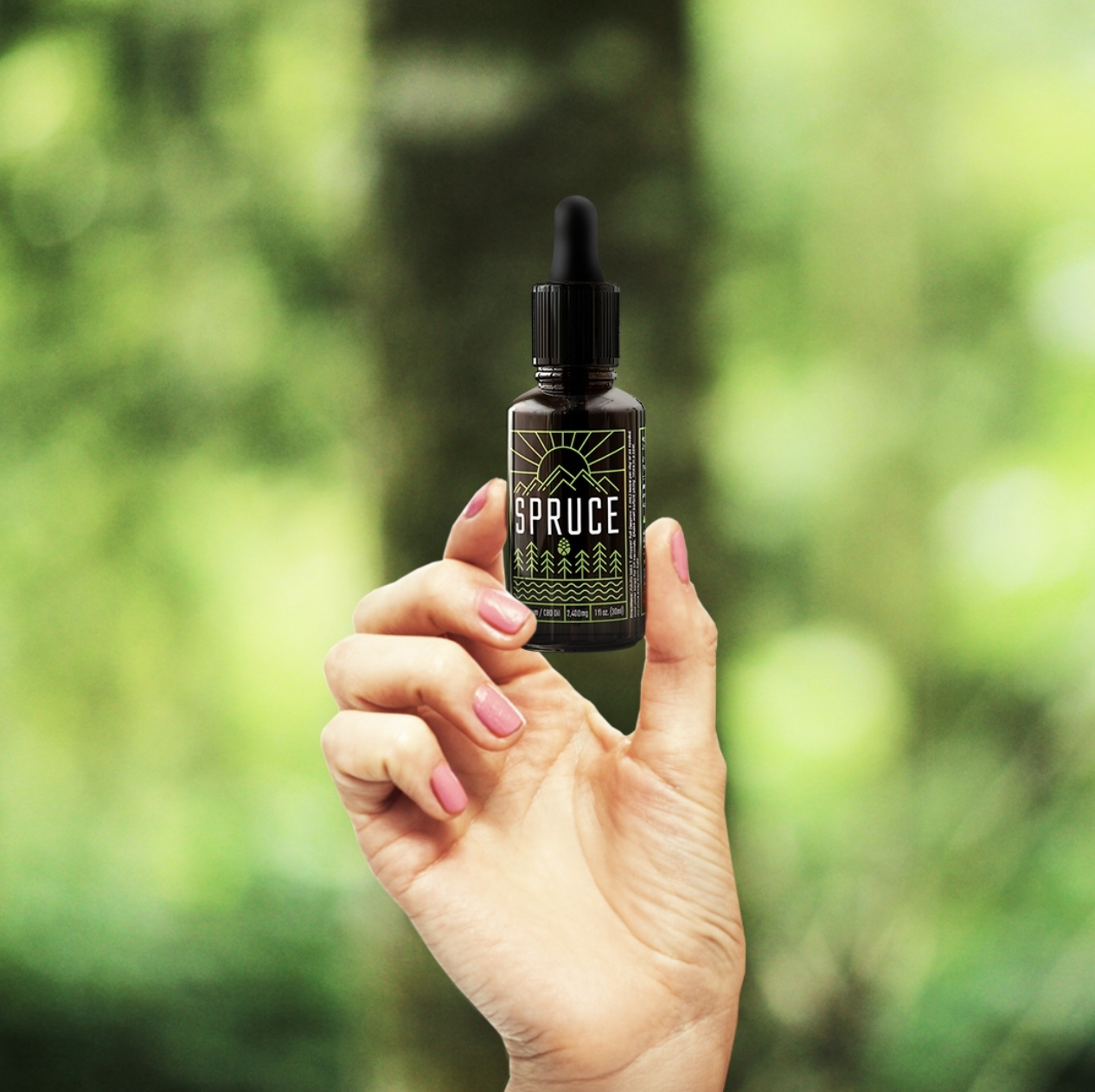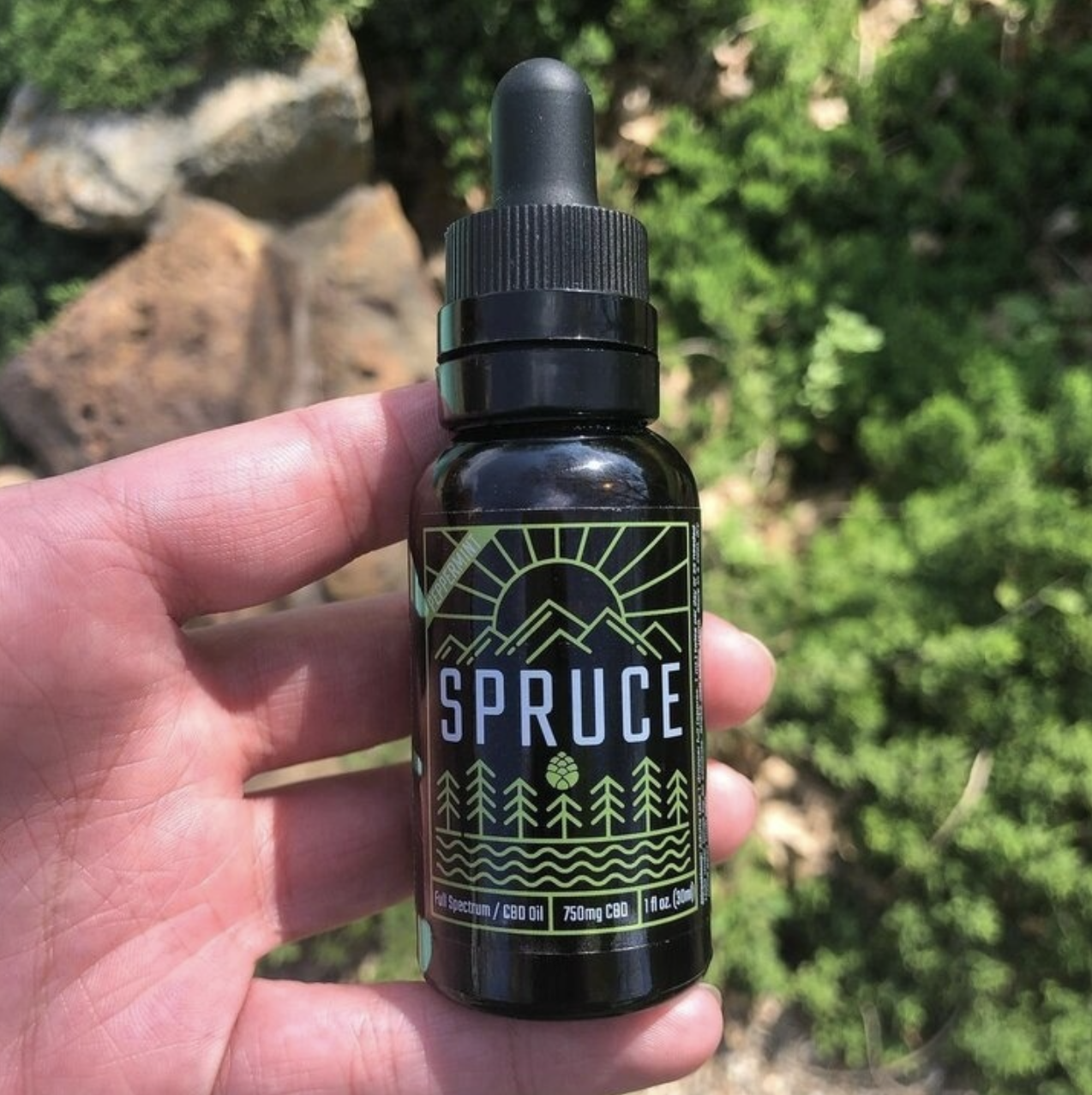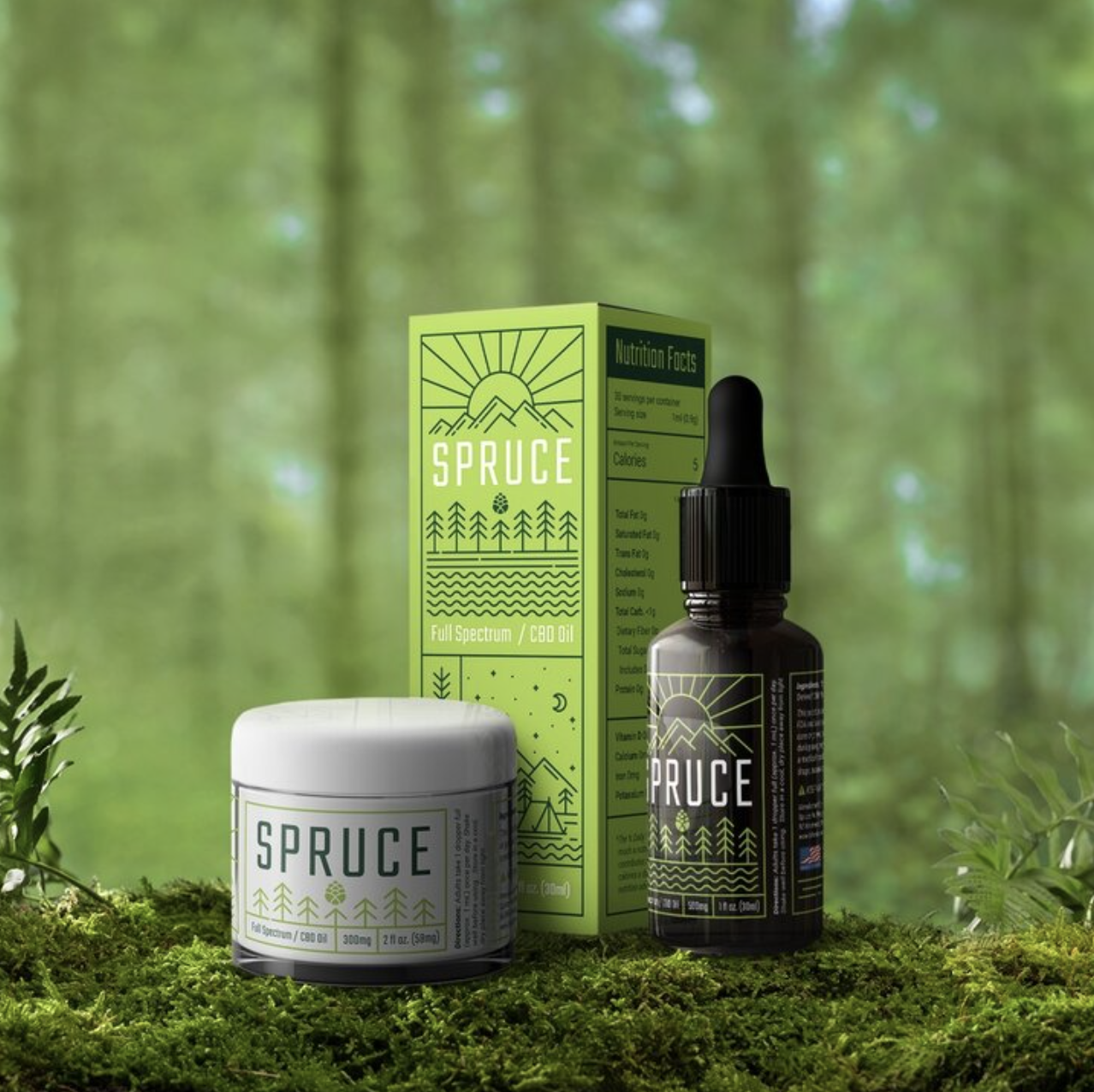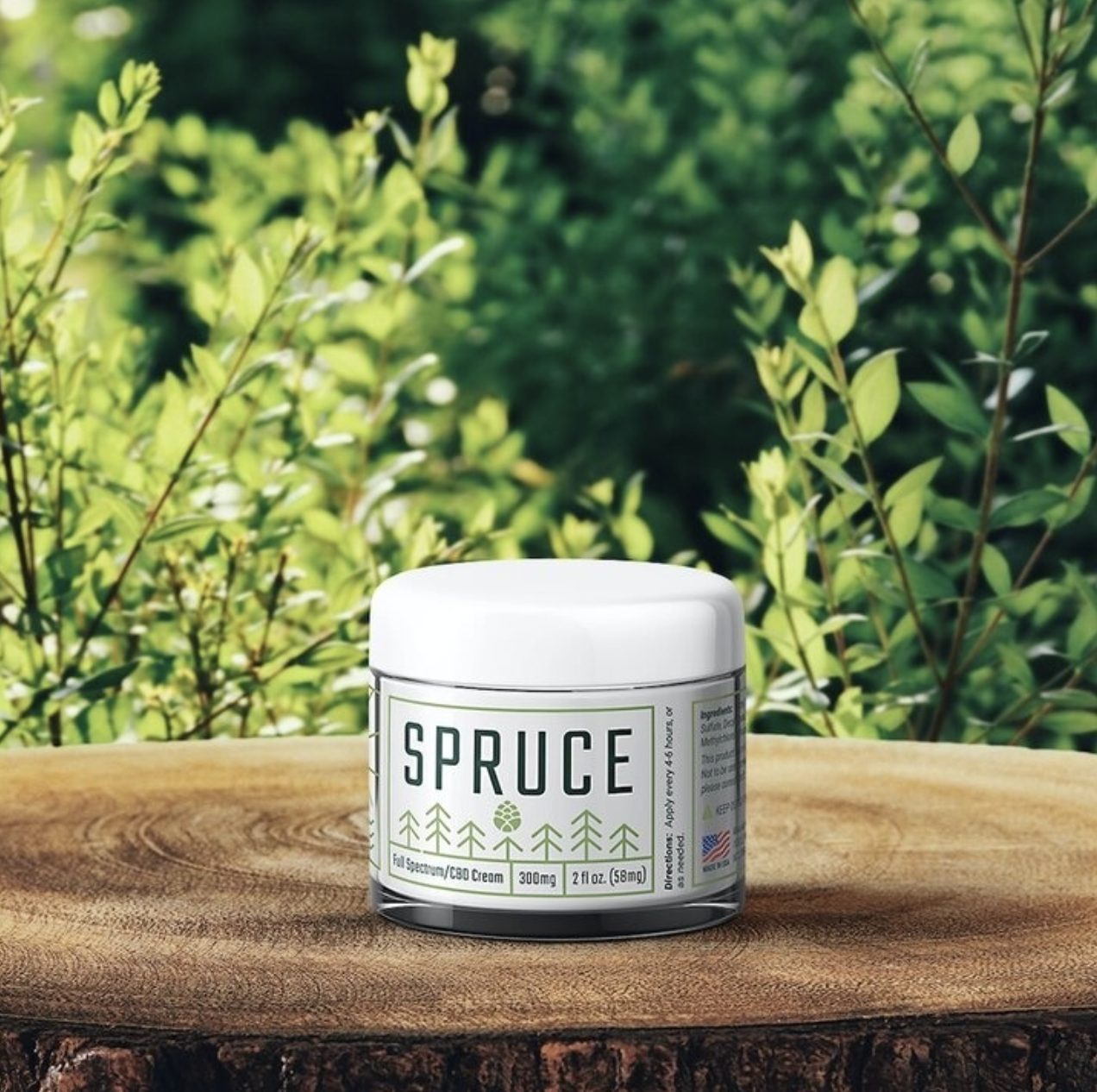Is CBD Legal in All States? Know the Laws | 2024 Full Guide

The fact that CBD is legal at the federal level is fairly well-known, but the question, “Is CBD legal in all states?” involves a multi-layered answer as laws from state to state vary widely.
In the following, we’ll explain the legal complexities and provide you with the essential information you need to enjoy CBD legally and safely. You’ll also discover the differences between hemp and marijuana, explore various CBD products, and learn how to ensure your CBD is both legal and of the highest quality.
Legality of CBD at the Federal Level
CBD derived from hemp containing less than 0.3% THC is legal at the federal level as of 2018, but CBD derived from marijuana remains illegal under federal law.
The legality of CBD at the federal level in the United States is primarily governed by the Controlled Substances Act (CSA) and the Agriculture Improvement Act of 2018, commonly known as the 2018 Farm Bill.
Under the CSA, marijuana is classified as a Schedule I controlled substance, which makes it, and marijuana-derived products, illegal under federal law.
However, the CSA does not explicitly address cannabidiol (CBD), and it is not currently considered a controlled substance.
Agriculture Improvement Act of 2018
The 2018 Farm Bill marked a significant change in federal policy regarding hemp and CBD. The bill legalized the cultivation and production of hemp, defined as cannabis plants containing less than 0.3% THC by dry weight.
This effectively removed hemp and its derivatives, including CBD, from the Schedule I list under the CSA, provided they meet the specified THC threshold.
As a result, CBD derived from hemp is legal at the federal level, while CBD derived from marijuana remains illegal unless it is produced under state-sanctioned medical or recreational cannabis programs.
This distinction has led to a complex legal landscape where the legality of CBD products can vary widely depending on their source and THC content.
This bill also gave power to the individual states to formulate plans and policies regarding the cultivation, production, and sale of industrial hemp. This leads to confusing laws, especially for those who wish to order products from other states and those who traverse state lines frequently, that are subject to change at any time.
State CBD Laws
The laws regarding the possession and use of CBD at the state level vary, and individual states have differing laws concerning hemp-derived CBD and marijuana-derived CBD.
Although the use of hemp-based CBD is legal at the federal level, it is your responsibility to know the laws of your state to avoid legal issues and potential prosecution.
Because the popularity of CBD oil is skyrocketing, laws can change at any time, so keep abreast of the most current information to protect yourself.
| State | Hemp-Derived CBD Legal Status | Marijuana-Derived CBD Legal Status |
| Alabama | Legal (age 18 and older) | Legal (registered medical patients only) |
| Alaska | Legal (age 21 and older) | Legal (registered medical patients only) |
| Arizona | Legal (no age limit) | Legal (age 21 and older) |
| Arkansas | Legal (no age limit) | Legal (registered medical patients only) |
| California | Legal (age 21 and older) | Legal (age 18 and older) |
| Colorado | Legal (no age limit) | Legal (age 21 and older) |
| Connecticut | Legal (age 18 and older) | Legal (registered medical patients only) |
| Delaware | Legal (no age limit) | Legal (age 21 and older) |
| Florida | Legal (age 21 and older) | Legal (registered medical patients only) |
| Georgia | Legal (age 21 and older) | Legal (registered medical patients only) |
| Hawaii | Legal (age 18 and older) | Legal (registered medical patients only) |
| Idaho | Legal only if it contains 0% THC | Illegal |
| Illinois | Legal (no age limit) | Legal (age 21 and over) |
| Indiana | Legal (no age limit) | Legal (registered medical patients only) |
| Iowa | Legal (no age limit) | Legal (registered medical patients only) |
| Kansas | Legal only if it contains 0% THC (no age limit) | Legal (registered medical patients only) |
| Kentucky | Legal (no age limit) | Legal (registered medical patients only) Effective Jan. 1, 2025 |
| Louisiana | Legal (age 21 and older) | Legal (registered medical patients only) |
| Maine | Legal (age 21 and older) | Legal (age 21 and older) |
| Maryland | Legal (no age limit) | Legal (age 21 and older) |
| Massachusetts | Legal (age 18 and older) | Legal (age 21 and older) |
| Michigan | Legal (age 21 and older) | Legal (age 21 and older) |
| Minnesota | Legal (age 21 and older) | Legal (age 21 and older) |
| Mississippi | Legal (age 18 and older) | Legal (registered medical patients only) |
| Missouri | Legal (no age limit) | Legal (age 21 and older) |
| Montana | Legal (no age limit) | Legal (age 21 and older) |
| Nebraska | Legal (no age limit) | Illegal |
| Nevada | Legal (age 18 and older) | Legal (age 21 and older) |
| New Hampshire | Legal (age 18 and older) | Legal (registered medical patients only) |
| New Jersey | Legal (no age limit) | Legal (age 21 and older) |
| New Mexico | Legal (age 18 and older) | Legal (age 21 and older) |
| New York | Legal (age 18 and older) | Legal (age 21 and older) |
| North Carolina | Legal (age 18 and older) | Legal (registered medical patients only) |
| North Dakota | Legal (age 18 and older) | Legal (registered medical patients only) |
| Ohio | Legal (no age limit) | Legal (age 21 and older) |
| Oklahoma | Legal (age 18 and older) | Legal (registered medical patients only) |
| Oregon | Legal (no age limit) | Legal (age 21 and older) |
| Pennsylvania | Legal (age 18 and older) | Legal (registered medical patients only) |
| Rhode Island | Legal (age 21 and older) | Legal (registered medical patients only) |
| South Carolina | Legal (age 21 and older) | Illegal |
| South Dakota | Legal (age 18 and older) | Illegal |
| Tennessee | Legal (age 21 and older) | Legal (registered medical patients only) |
| Texas | Legal (no age limit) | Legal (registered medical patients only) |
| Utah | Legal (no age limit) | Legal (registered medical patients only) |
| Vermont | Legal (no age limit) | Legal (age 21 and older) |
| Virginia | Legal (no age limit) | Legal (age 21 and older) |
| Washington | Legal (no age limit) | Legal (age 21 and older) |
| West Virginia | Legal (no age limit) | Legal (registered medical patients only) |
| Wisconsin | Legal (no age limit) | Legal (registered medical patients only) |
| Wyoming | Legal (age 21 and older) | Illegal |
Understanding CBD
Cannabidiol (CBD) is a compound found in the cannabis plant that has gained significant attention for its potential health benefits. Unlike tetrahydrocannabinol (THC), CBD does not produce psychoactive effects.
Understanding CBD involves exploring its sources, the different forms it can take, and the various products available on the market. Having a firm grasp of these aspects can help you make informed decisions about CBD use.
Hemp vs. Marijuana
Hemp and marijuana are both varieties of the cannabis plant, but they differ significantly in their chemical composition and legal status.
Hemp is defined as cannabis that contains 0.3% or less THC by dry weight, while marijuana contains higher levels of THC. This distinction is important because THC is the psychoactive compound responsible for the “high” associated with cannabis use.
Hemp has been cultivated for thousands of years for its fiber, seeds, and oil, and it can be used to produce a wide range of products, including textiles, food, and CBD oil.
Marijuana has been primarily cultivated for its psychoactive properties and medicinal use.
Legally, hemp was differentiated from marijuana with the passing of the 2018 Farm Bill, which legalized hemp cultivation and allowed for the extraction of CBD from hemp, provided it meets the THC threshold.
Full-Spectrum CBD vs. Broad-Spectrum CBD vs. CBD Isolate
When choosing a CBD product, it’s important to understand the differences between full-spectrum CBD, broad-spectrum CBD, and CBD isolate because each type has unique properties and potential benefits.
- Full-Spectrum CBD: This form of CBD contains all the cannabinoids, terpenes, flavonoids, and other compounds found in the cannabis plant, including trace amounts of THC (up to 0.3%). The presence of multiple cannabinoids can create the “entourage effect,” where the compounds work together to enhance the therapeutic effects of CBD.
- Broad-Spectrum CBD: Similar to full-spectrum CBD, broad-spectrum CBD contains the original cannabinoids and compounds from the cannabis plant, but it is processed to remove all THC. This option is ideal for individuals who want to benefit from the entourage effect without consuming any THC.
- CBD Isolate: This is the purest form of CBD and contains no other cannabinoids or compounds from the cannabis plant. CBD isolate is typically 99% pure CBD and is an excellent choice for individuals who want to avoid any THC or other cannabis compounds, but it is not considered as effective as the other forms.
Types of Popular CBD Products
The CBD market is exploding with all kinds of products made with CBD and is forecast to continue growing rapidly. Some of the most popular types of CBD products include:
- CBD Oil and Tinctures: These are liquid extracts of CBD that are typically taken sublingually (under the tongue) for quick absorption. They come in various concentrations and can be added to food or beverages.
- CBD Edibles: These are food products infused with CBD, such as gummies, chocolates, and candies. They offer a tasty and convenient way to consume CBD, though the onset of effects may be slower compared to other methods due to digestion.
- CBD Topicals: These include creams, lotions, balms, and salves infused with CBD that are applied directly to the skin. They are commonly used for localized relief of pain, inflammation, and skin conditions.
- CBD Capsules and Softgels: These are oral supplements that contain a pre-measured dose of CBD. They are convenient and provide a consistent dosage, making them ideal for regular use.
- CBD Vapes: These are e-liquids or cartridges that contain CBD and are used with a vaporizer or vape pen. Vaping allows for rapid absorption of CBD through the lungs to provide fast relief, but the effects do not last long.
- CBD Transdermal Patches and Creams: These are similar to topical CBD products but are designed to penetrate the skin layers and be absorbed into the bloodstream to provide both localized relief to a target area and systemic effects for relief felt throughout the entire body.
Laws Are Subject To Change
Laws regarding hemp CBD and marijuana CBD are subject to change due to evolving scientific research, shifting public opinion, and political priorities.
As new studies reveal more about the therapeutic benefits and risks of cannabinoids, legislators may adjust regulations to expand access or impose restrictions.
Public attitudes toward cannabis have become more favorable, prompting many states to reconsider their laws, often in response to strong constituent support for medical and recreational use.
Political and economic factors, such as the potential for job creation and tax revenue, also drive legislative changes at both state and federal levels.
International trends also influence domestic policies as global cannabis reform can pressure the U.S. to align with international standards.
How To Be Sure Your CBD Is Legal
To ensure your CBD is legal, first verify that it is derived from hemp containing less than 0.3% THC as required by federal law. If the CBD is derived from marijuana, it is only legal in states that have legalized medical or recreational cannabis and must comply with state regulations.
Check that the product has been tested by a third-party lab, and review the Certificate of Analysis (COA) for confirmation of THC levels and the absence of harmful contaminants.
Purchase CBD from reputable brands that provide transparent product information and sourcing details.Most importantly, be aware of your state’s specific regulations regarding CBD to ensure compliance with local laws.
Evaluating the Quality of CBD
High-quality CBD products begin with high-quality hemp. Look for products made from organically grown hemp grown and processed in the USA as American-grown hemp is often subject to stricter agricultural regulations compared to hemp sourced from other countries.
Reputable CBD brands conduct third-party lab testing to verify the potency and purity of their products. Always check for a Certificate of Analysis (COA) provided by an independent lab to confirm the product’s cannabinoid profile and verify that it is free from contaminants such as heavy metals, pesticides, and molds.
Review the list of ingredients in the CBD product. High-quality CBD products should contain minimal, natural ingredients without artificial additives or preservatives.
Only Buy CBD From Reputable Companies
As you now know, the answer to the question, “Is CBD legal in all states?” is complex. As laws and regulations regarding CBD continue to evolve, staying informed about the latest developments will help ensure that you are using CBD products legally and safely.
Be sure to only purchase CBD from reputable brands that are transparent about their sourcing, manufacturing processes, and testing results and strictly adhere to federal law. Take the time to read through customer reviews to gauge overall satisfaction with the product and its effectiveness.
Ready to explore high-quality CBD products? Visit Spruce to discover a range of premium, lab-tested CBD oils, gummies, and topicals sourced from organically grown heirloom hemp. Experience the best nature has to offer!
Frequently Asked Questions
Is CBD classified as a drug in the US?
Although marijuana is a Schedule I drug, the classification of CBD is not quite as clear.
According to the FDA, “any product intended to have a therapeutic or medical use, and any product (other than a food) that is intended to affect the structure or function of the body of humans or animals, is a drug… CBD was not an ingredient considered under the OTC drug review.”
In what states is CBD not legal?
As per federal law, hemp-derived CBD is legal, but states can place restrictions on its production and use. Idaho and Kansas restrict hemp-derived CBD to products containing zero THC. In all other states, hemp-derived CBD is legal, although many states have age restrictions in place.
In Idaho, Nebraska, South Carolina, South Dakota, and Wyoming, the use of marijuana-derived CBD is illegal for any reason. States that have legalized the recreational use of marijuana have few to no restrictions on the use of marijuana-derived CBD. Other states limit the use of marijuana-derived CBD to registered people with certain medical conditions.
Can CBD be shipped to all 50 states?
Hemp-derived CBD with less than 0.3% THC is federally legal and can be shipped to all 50 states. However, individual state laws may impose restrictions. If the product exceeds 0.3% THC, it could very well be illegal, depending on the state involved.
Always verify the recipient state’s regulations before shipping CBD products.
Can you travel across states with CBD?
You can travel across states with hemp-derived CBD products containing less than 0.3% THC. However, since state laws vary, it’s advisable to check the specific regulations of the states you are traveling to and through to ensure compliance and avoid legal trouble.
Are CBD gummies legal to fly with?
You can legally fly with hemp-derived CBD gummies that contain less than 0.3% THC in either carry-on or checked luggage, but they should be packaged properly and comply with Transportation Security Administration (TSA) regulations. It’s also wise to check destination regulations.
What’s the difference between hemp oil and CBD?
Hemp oil, often called hemp seed oil, is made from hemp seeds, contains little to no CBD, and has some nutritional benefits. CBD oil is extracted from the hemp plant’s flowers, leaves, and stalks, contains higher concentrations of CBD, and provides numerous health benefits.
What are the benefits of CBD in the body?
Studies have shown that CBD has the potential to control chronic pain, reduce inflammation, lower blood pressure, improve sleep, control migraines, manage stress and anxiety levels, reduce seizure activity, protect brain function, and more, but research is still ongoing.
Does CBD have side effects?
CBD is generally well-tolerated, but some people may experience mild, temporary side effects such as drowsiness, fatigue, digestive upset, changes in appetite, and dry mouth. It can also interact with certain medications, so it’s important to consult your doctor before use.









